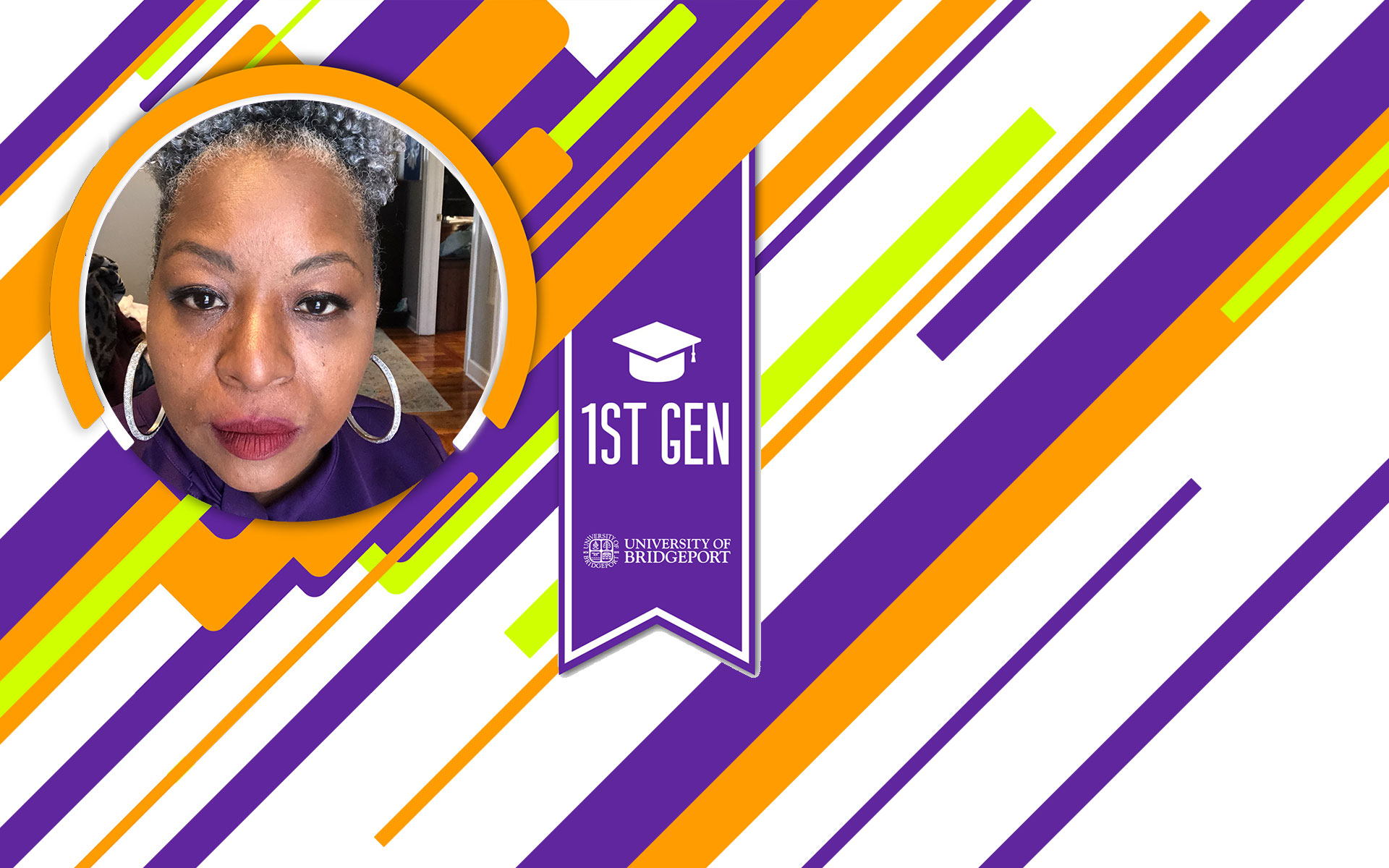First-Generation Spotlight: Jill Jemmott
By Staff Writer December 10, 2020

My experience as a first-generation student is more introspective because I was not aware of the designation or that I fit the description until much later in my education. What I do know is that as an undergraduate, I had to be intentional about how I approached my learning. I figured out that I had to find information and resources on my own. My parents did not understand the college process, so I navigated my academic progress then told my family what I decided. I could not depend on them to guide me.
I got by on my grit and my stubbornness. I did not benefit from any support programming or resources because my undergraduate college did not provide them. For graduate and doctoral studies, first-generation status is less evident, even though the unique needs of first-generation students linger.
My main struggle was not knowing what I didn’t know. I plowed through situations and obstacles without asking for help, and the result was some scarring and emotional strain. I found out much later that with available resources, I could have had less of a struggle. For example, I did not know that you could take a semester off if a life issue became a higher priority than college. When a family member passed away, I burdened myself with a juggling act to keep going academically while I was grieving. I did not have to do that at all.
Acknowledge that you are where you are because of your intelligence and determination, so you deserve a seat at the table. You have something of value to add to any classroom with your life experiences and cultural perspective. Ask for help, and accept help. Being first-generation is both a badge of honor and a symbol of struggle, so wear both proudly and accept the refinement that both will bring to your life if you let it. Finally, reach back and honor someone with your knowledge and expertise after you accomplish your goals.
